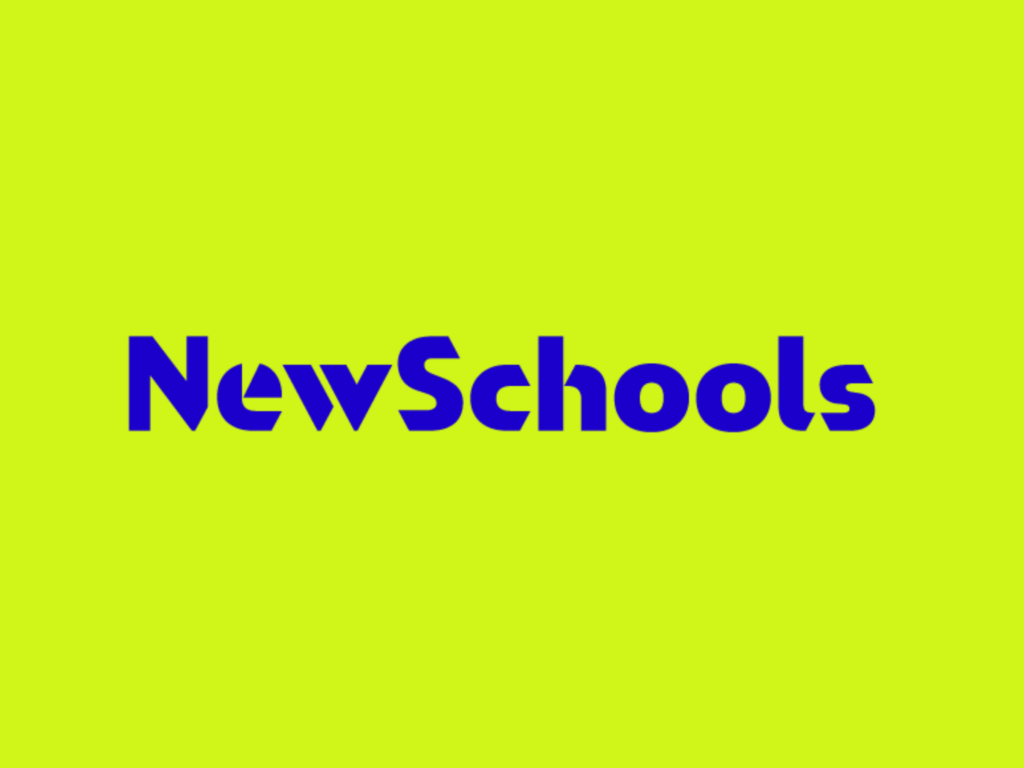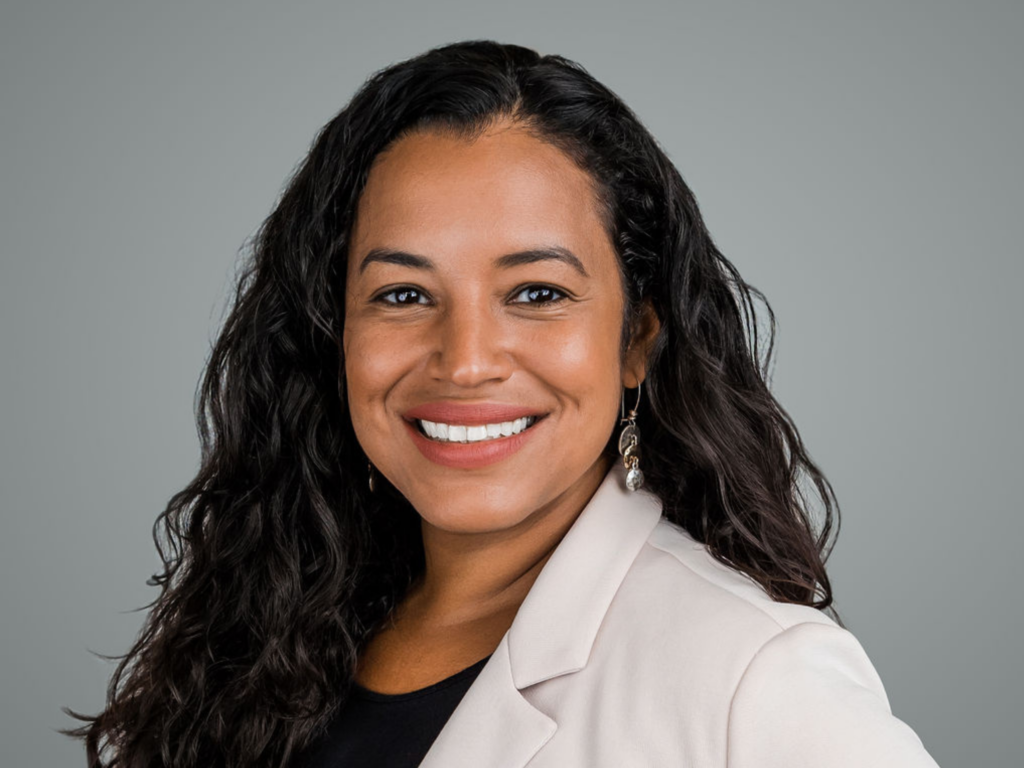Big news today on the teacher-training front, as colleague Alyson Klein reports over at the Politics K-12 blog. In essence, a bill introduced by three U.S. senators would create a new program to aid states to set up an authority to approve teacher-preparation “academies.”
Such academies could be within or outside of higher education, would serve high-needs schools and subjects, have high entry standards, require a yearlong “residency” or in-school apprenticeship, and require their teacher-candidates to show they can advance student achievement during that time.
They would also fall under a separate program-approval and -review process from other institutions in their state, and would not have to meet the credit-hour and other regulations governing credentialing.
The federal program would apparently give a lot of flexibility to states in determining what kind of academies to support. They could, for example, determine whether these academies would grant just teaching credentials or advanced degrees.
In general, the legislation seems to echo recent developments in teacher preparation in the state of New York, with one crucial difference. New York’s state board of regents, in April, approved regulations allowing both universities and independent nonprofits in the state to compete to set up “clinically rich graduate-level teacher-preparation programs.” Many of the requirements are similar to those in the federal bill, including high entry standards and a year of fieldwork.
Under the federal bill, though, any new programs would have to be at least affiliated with a university to offer an actual degree.
Nevertheless, the bill would give much more flexibility in preparing teachers than is generally the case now. While there are exceptions, many alternative routes currently use education schools to provide coursework necessary for certification. This bill would essentially support training programs that fall entirely outside of higher education.
It’s far from clear that traditional education schools are going to support the scaling up of such an idea. A letter of support for the legislation includes signatories from only one traditional school of education, the University of Southern California.

